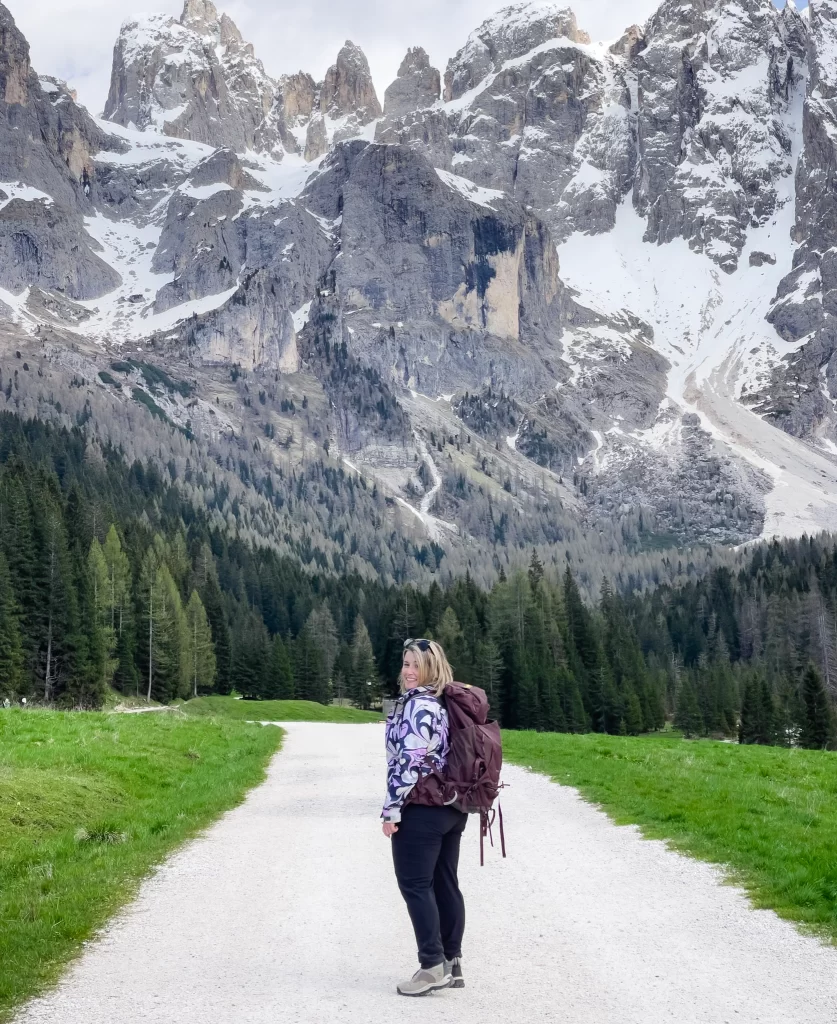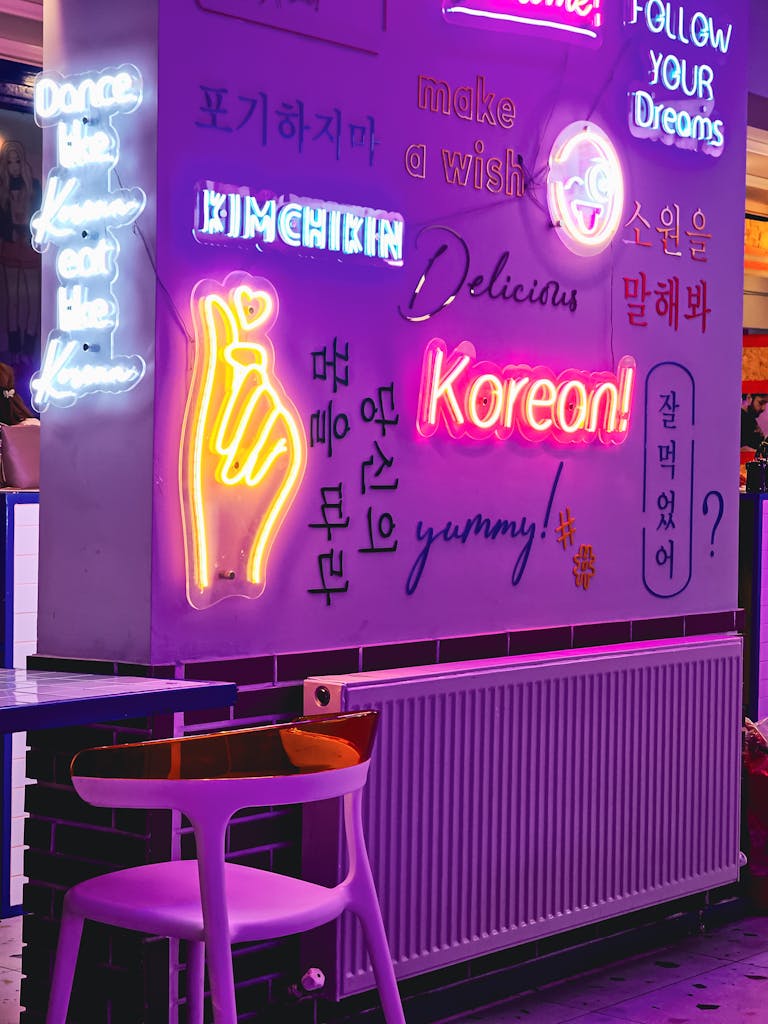Military Spouse Abroad? Here’s How to Handle Culture Shock

Living overseas as a military spouse comes with its perks—new adventures, global perspectives, and unforgettable memories. However, it also can bring about culture shock, which can be both challenging and enlightening.
But let’s be honest: it also comes with a sneaky companion most people don’t talk about enough—culture shock.
I’ve lived in Poland, Korea, and now Italy.
I was even born in Germany, and believe it or not, I experienced my first taste of culture shock not abroad, but when I moved to the U.S. as a child.
Each move has brought both awe and adjustment, excitement and exhaustion.
Some of the links on this site are affiliate links. This means that if you click through and make a purchase, I may earn a small commission at no extra cost to you. I only recommend products and services I personally use, love, or believe in—and every bit of support helps me continue creating helpful travel content for you. Thank you for being here!
What Is Culture Shock?
Wikipedia defines culture shock as “an experience a person may have when they move to a cultural environment which is different from their own.” It’s the disorientation and overwhelm you feel when you encounter unfamiliar ways of living—whether that’s a new country, a new social environment, or even a new pace of life.
Culture shock often unfolds in stages: honeymoon, negotiation, adjustment, and mastery.
And if you’re wondering: yes, I’ve been through them all—more than once.
As much as I love the idea of living abroad, I still get hit with culture shock every time. People live so differently around the world, and while that’s beautiful, it’s also challenging.

Integration takes effort, and when you’re already emotionally maxed out from moving, that adjustment period can feel like an uphill climb.
I created this guide to help you understand what culture shock feels like and how to navigate it. Whether you’re a military spouse stationed overseas or a traveler trying to find your footing, you’re not alone.
But first—subscribe to my newsletter so you never miss a post.
Personal Story: A Hard Landing in Poland
In 2017, we left Los Angeles and headed for Bydgoszcz, Poland, full of excitement. Like many military families, we were thrilled to receive overseas orders. I had just stepped away from a job in the fitness industry—rewarding but exhausting—and this was our fresh start.
We landed in Warsaw and were immediately overwhelmed. I had been using Duolingo every day, but when the Polish border guard spoke quickly to me, I froze. I smiled, nodded, and had no clue what was going on. The fatigue, the new language, the unfamiliar surroundings—it all hit at once.
Our first night in Warsaw’s Old Town felt surreal. The sound of cheers from a pub drifted up to our apartment. I was officially living abroad. It was awe-inspiring.
The next day, we drove to Bydgoszcz, and the culture shock truly set in. We arrived at what was supposed to be a two-bedroom apartment, only to discover it was a single room with a tiny kitchen. The online listing had been… generous.
We shrugged it off and headed to Carrefour for groceries. Two hours later, we were overwhelmed, frustrated, and nearly defeated.
I tried to say something in Polish at checkout, and the cashier responded, “Nie, nie rozumiem” (“I don’t understand”). The cashier looked at me like I had 5 heads.
So much for learning Polish via Duolingo for 6 months
I left my husband to finish the transaction and went to cry in the car.
I thought I was prepared. I thought I could manage. But I quickly realized that living abroad was not the same as visiting.

Adjusting in Bydgoszcz
Eventually, things got better. We found our rhythm. The Polish countryside was beautiful, and over time, I became more confident speaking the language. But it took effort—and grace.
Three years later, I was chatting comfortably in Polish over dinner with friends. And then… we got orders to Korea.
A New Cycle: Culture Shock in Korea
Arriving in Korea meant starting over again. This time, I had to reintegrate into a small American community while learning to navigate Korean culture.
This time, I got help.
I went to counseling. Every Friday at 6 p.m., I met with a therapist just outside Camp Humphreys. For six months, I processed the feelings, frustrations, and fatigue that came with adapting. And it helped. Military Family Life Counselors and chaplains are incredible resources, but so are off-base counseling centers.
How to Deal With Culture Shock
Here are some practical tips that helped me—and can help you too:
1. Language Learning
Duolingo and Mango are helpful, but immersion is key. We had Polish classes twice a week on base, and while our instructor Kasia moved fast (too fast!), I learned. I also cried. A lot.
The Polish language is HARD. I felt like a toddler again. But here’s the thing: mistakes are part of the process. Use the language. Don’t compare your progress to anyone else’s. If I could go back, I’d tell myself: Own your process. Not someone else’s.

2. Embrace the Unfamiliar
When everything feels overwhelming, it’s easy to retreat. But every unfamiliar situation is an opportunity to grow. I learned how strong I was when I leaned into the discomfort. Try the food. Get lost. Be open. You’re peeling back layers of who you are.
3. Build a Support Network
My neighbor Aleksandra, became one of my first friends in Poland. Her kindness—and her partner, who was our landlord, made us feel welcome. When my husband deployed, she invited me over weekly for dinner and Polish lessons (aka wine and laughs).

Here are other ways to find community:
- InterNations – Local expat meetups worldwide
- Expat.com – Forums, advice, housing, and job listings
- Facebook Groups – Search your location + “expats”
- Meetup – Interest-based social events
And for women travelers:
- NomadHer – App connecting female travelers around the world
- Wanderful – A global network for women travelers
4. Connect with Other Military Spouses
If you’re stationed overseas, get involved in your local community. Volunteering at ACS, the USO, Red Cross, or base schools can help you feel grounded. Many spouses find purpose and friends—through these opportunities.
You can also volunteer off base with language schools, animal shelters, or local non-profits. Be creative with your skills and interests.
5. Use Military Resources
If you’re struggling, know this: help is available.
- Military OneSource – Free counseling and support services
- ACS/MFR/Fleet & Family Support – On-base programs for spouses
- MFLCs and Chaplains – Confidential support
You don’t have to navigate this alone.
6. Traveler Resources
For non-military folks, here are great starting points:
- Travel blogs & podcasts about expat life
- Online travel communities like Reddit’s r/expats or Lonely Planet’s forums
- Counseling services like BetterHelp (available worldwide)
- Language learning tools: Duolingo, Babbel, Rosetta Stone
- Expat groups in your new city
Final Thoughts: You’re Stronger Than You Think
Culture shock is real. And it’s normal.
Whether you’re a traveler on your first international adventure or a military spouse managing yet another overseas move, know that what you’re feeling is valid.
You’re not failing—you’re evolving. Every moment of confusion, every mispronounced word, and every lonely evening is part of your story. Give yourself permission to be human.
Because on the other side of culture shock? A deeper version of you.
You’ve got this.
Need the Ultimate PCS Guide to South Korea? Click here
Want more stories and tips? Subscribe to my newsletter and let’s navigate this journey together.
